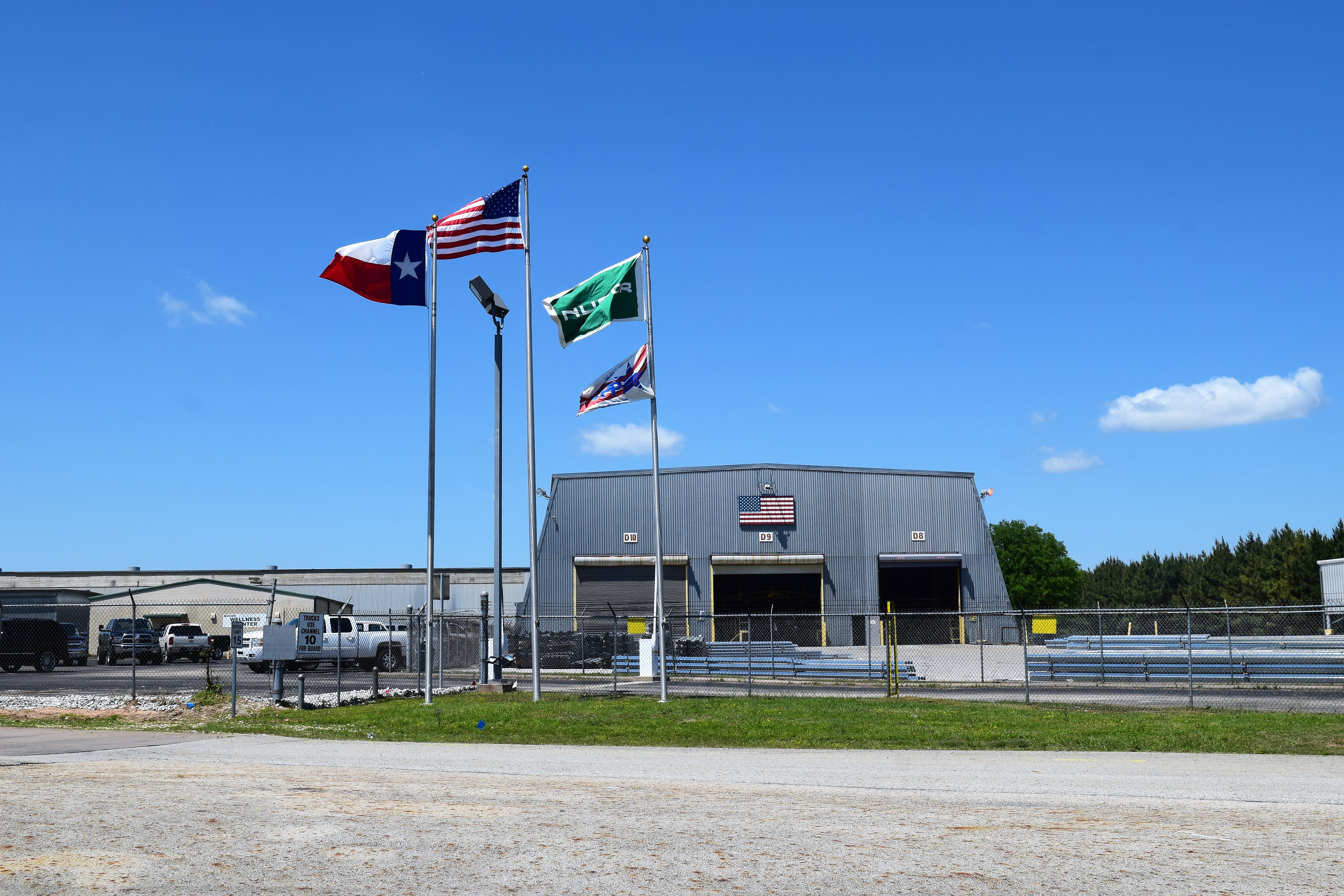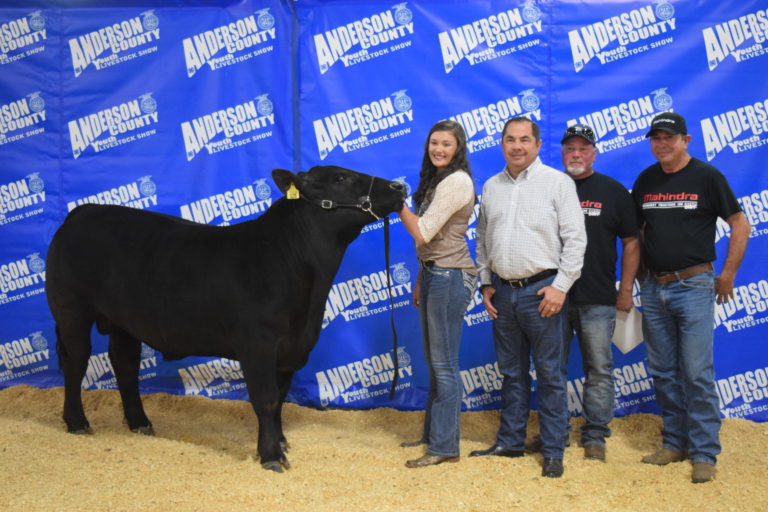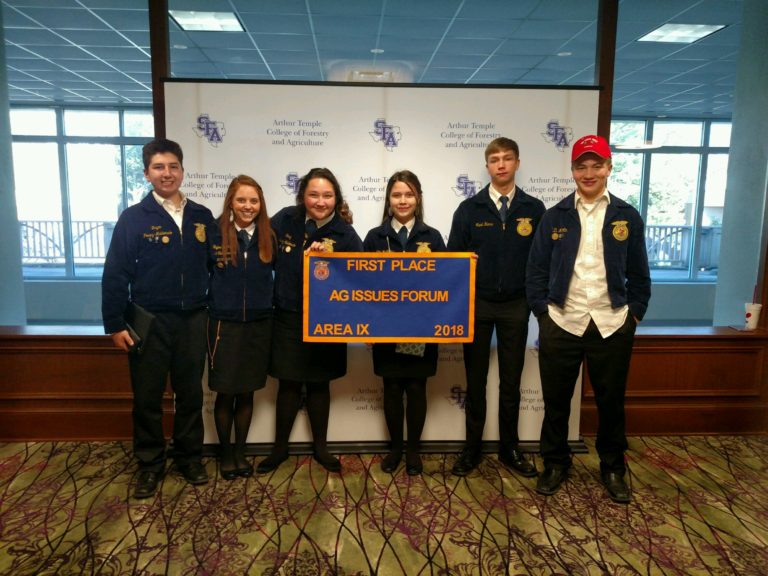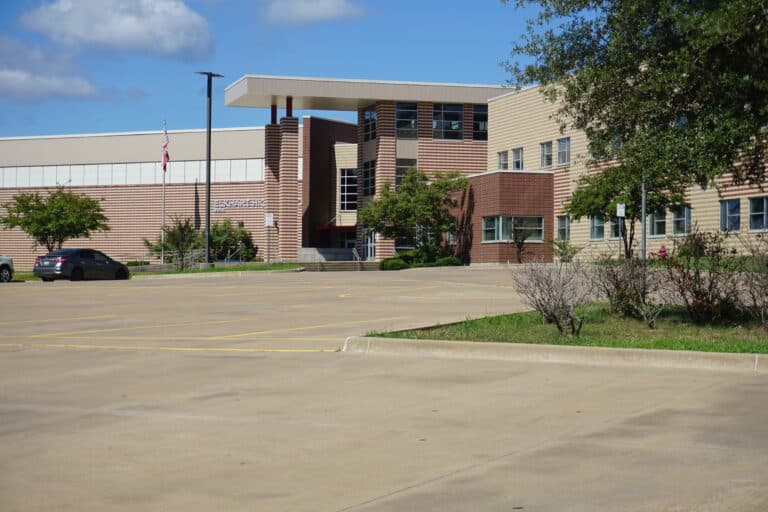“Some People Thought We Were Going to Make Bombs”

Former Vulcraft GM Bill Kontor
By Will Johnson
Messenger Reporter
CONROE – When plans for the expansion of the Nuclear Corporation of America were announced in November of 1967, several key players were selected from the company’s plant in Norfolk, Neb. to help get the new facility up and running.
One of those tapped to help develop the Grapeland location was Bill Kontor who would go on to become one of the plant’s first general managers.
“There were a handful of Vulcraft employees who came from Nebraska with their spouses and young children. They came to build the plant and operate it,” the former Vulcraft GM said.
“At the time, there was Vulcraft but there wasn’t a Nucor. The company name was the Nuclear Corporation of America and for several years after we got to Grapeland, that was the name the company went by,” Kontor recalled.
While a half a century has passed since the first joist rolled off the line, some things in Grapeland have remained the same. One of those is the Grapeland rumor mill.
Fifty years ago, there was no 24-hour news cycle and social media wasn’t even part of the days’ lexicon. Because of this – and with the word Nuclear leading off the corporation’s name – there were many misconceptions about what the plant was going to produce
“I knew there was a lot of concern in the community,” Kontor said, “about what we were going to do in that plant. Some people even thought we were going to make bombs in the plant because we were called the Nuclear Corporation of America.”
One rumor floating through the community in 1968 was Vulcraft was going to manufacture pots and pans. Another bit of gossip had the plant only employing women.
Initially, he said, it was a little unsettling but thanks to the leadership of Ken Koehler – the plant’s first on-site GM – the operation began to thrive. Prior to Koehler’s tenure, when the Vulcraft location in Grapeland first opened, Dave Aycock was the facility’s GM.
Aycock was the GM for the Norfolk location when the Grapeland location came on line, and for a while, he was the general manager for both plants.
Asked for his first impressions of East Texas when he came from Nebraska, Kontor chuckled.
“When I came down for the first time, we came down on a small, charter plane and landed at the Crockett airport. I had grown up in the city – Omaha and Norfolk – and as we drove out of the airport, the first thing I saw was a little, old house with the paint coming off of it. There was some laundry hanging on a fence in front of the house and there was a Brahma bull rubbing up against the side of the house, scratching his back,” he recalled with a laugh.
Another impression that stayed with Kontor was the friendliness of the people in Houston County.
“They made us feel welcome and tried to help wherever they could, because this was all foreign to us,” he said.
Changing gears, Kontor indicated the Vulcraft location in Grapeland “… was kind of an accident. A couple of years before we came to Grapeland, the company bought a (steel) fabricating plant in Alabama. In that fabricating plant when they bought it was a report in a desk they found.”
Kontor explained he didn’t have first-hand knowledge of the report “… but this was the story I got. Apparently the company had investigated building a joist plant in Texas. In the report, apparently they had some people do some investigation and they recommended Houston County, Texas would be a good place to build a joist plant.”
After the Alabama purchase was finalized, the report in the desk gave the corporation an idea of where to look at expansion.
“The reason Vulcraft moved into Grapeland was because of George Bartee,” Kontor indicated. “He was the mayor of Grapeland at that time and worked with everyone in the company to find some good property to locate the plant. He was very committed to the community and eventually convinced the company Grapeland would be a great place.”
The original plan, he added, was to locate in Crockett “… but it wound up in Grapeland and the main reason for that was George Bartee.”
Before the conversation concluded, Kontor recollected about the first few months of operation.
“Sometimes after work, it would be dark. We would be in Ken’s (Koehler) pickup and we would drive around to the back of the plant. You could hear the plant running in there with the guys slapping the steel around, all the clanking, slapping the cords down and then the webbing. Ken would say to me, ‘That’s just music to my ears,’” he said.
Will Johnson may be contacted via e-mail at [email protected].






5